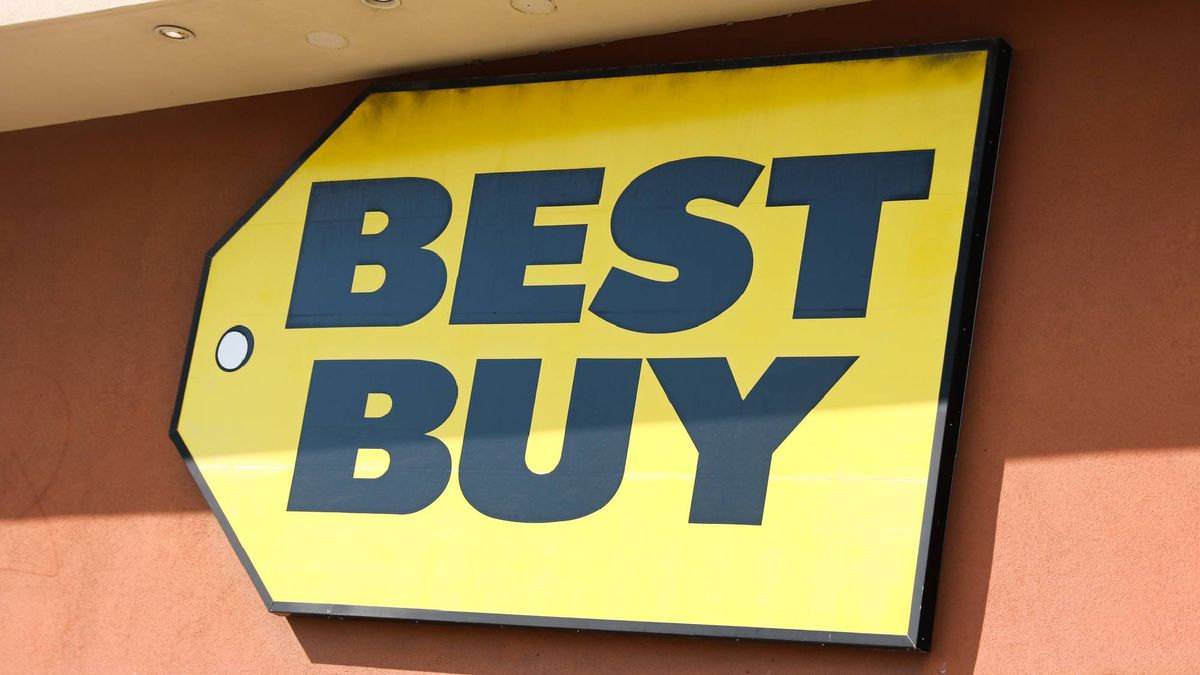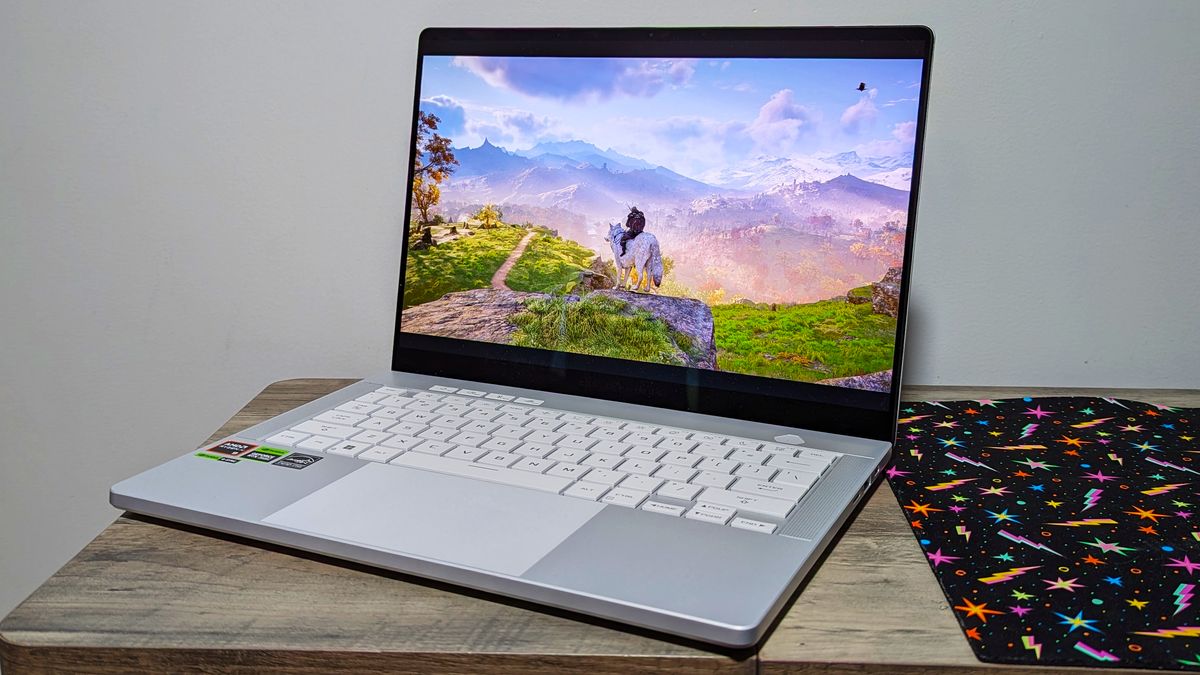
With the onset of the COVID-19 pandemic, schools worldwide faced the daunting task of swiftly transitioning to remote and hybrid learning environments. In an effort to equip students with the necessary tools for online education, many educational institutions turned to Chromebooks, attracted by their affordability and accessibility.
However, schools are now confronted with a formidable dilemma as the Chromebooks they heavily invested in are nearing the end of their usable life.
Let’s explore why Chromebooks are limited by planned obsolescence, why schools should invest elsewhere, and how to get laptop rentals for students at an affordable rate.
The Chromebook Challenge
Chromebooks emerged as a popular choice for school districts seeking budget-friendly devices to provide every student with a laptop. These lightweight devices seemed like the ideal solution for providing every student with a laptop during these unprecedented times.
However, the report by the U.S. Public Interest Research Group Education Fund reveals several challenges associated with Chromebooks. One of the most significant problems is their built-in expiration date, leading to software support ending even if the hardware remains functional. This limitation can hinder access to essential services like online state testing websites, compelling districts to purchase newer models. Moreover, the short lifespan makes it difficult for schools to resell the devices, ultimately incurring recycling costs.
Now, three years later, schools are beginning to see their laptops fail. This not only leads to a growing pile of electronic waste but also puts an extra financial strain on the schools. This means a lot of schools have piles of working Chromebooks that have become e-waste because they’ve expired.
Based on a survey conducted by Education Week in March 2021, it was found that 90 percent of middle and high schools, as well as 84 percent of elementary schools, had implemented a policy of providing a device to every student. This trend of one-to-one policies, where each student is equipped with a laptop, is expected to continue in the long term. Meaning the implications of finding a balance between utility and sustainability have become immensely significant.
Why Chromebooks Fail
Chromebooks, despite their initial appeal as affordable devices for schools, are plagued by several significant shortcomings that lead to their failures. Let’s explore several reasons why Chromebooks fail:
Limited Software Support: Chromebooks come with a built-in “death date” when software support ends. While we expect perishable items like milk to have an expiration date, it’s unexpected for laptops. Compounding the confusion, these expiration dates are based on the certification of the model, not the purchase date. This means that customers or schools might unknowingly buy a used or refurbished Chromebook, thinking they’re getting a great deal, only to discover that their seemingly new laptop expires after a year. Once a Chromebook reaches its expiration date, it no longer receives updates and cannot access secure websites, including online state testing websites.
Lack of Manufacturer Support for Repairs: Manufacturers of Chromebooks typically do not sell new spare parts or provide support for repairs. Finding spare parts to fix Chromebooks is challenging due to the limited availability of manufacturers. This scarcity drives up prices and makes repairs uneconomical. Schools often have to resort to purchasing parts from third-party vendors or salvaging them from broken machines. For instance, among the 29 keyboards reviewed, 10 of them cost $89.99 or more, which is nearly half the price of a typical $200 Chromebook. In comparison, a report by the U.S. PIRG Education Fund evaluated the repairability of non-Chromebook laptops and found that their average parts availability rating was 9 out of 20, significantly higher than the Chromebook average of 3.3 out of 20.
To put it simply, it’s much easier to repair Windows-based laptops than Chromebooks due to spare part availability and price. Furthermore, Windows-based laptops don’t have a built-in “death date.”
Design Limitations and Compatibility Issues: The design of Chromebooks presents obstacles to repair and reuse, hindering efforts to reduce e-waste and promote device longevity. Ideally, laptops should be designed with high compatibility, allowing commonly used parts to be shared across different models. Components that frequently wear down or break, such as batteries, screens, and keyboards, could be salvaged from older or broken devices and used to repair newer ones.
However, school technicians have pointed out that updates to popular Chromebook models often incorporate arbitrary changes that frustrate repair and reuse. For example, the bezels (the plastic frame around the screen) of various Chromebook 11 models from different manufacturers have non-functional changes that render the parts incompatible between models. Even seemingly minor differences, such as small notches or modified clips, can prevent the interchangeability of components.
Understanding these issues surrounding Chromebooks helps shed light on why they fail and why schools should consider alternative options that offer better longevity, repairability, and value.
The Benefits of Windows-Based Laptops
Given the financial burden and sustainability concerns associated with Chromebooks, it becomes imperative for schools to explore alternatives that offer better longevity and value.
This can be addressed by providing cost-effective, higher quality, and more robust Windows-based laptop rentals to educational institutions. By offering rental solutions tailored to K-12 schools and even universities, we ensure that schools have access to the devices they need without committing to long-term investments.
Windows-based laptops offer several advantages over Chromebooks in terms of longevity, repairability, and flexibility. Unlike Chromebooks, Windows laptops can be easily upgraded and repaired, with readily available spare parts. This eliminates the need to replace an entire device when a specific component malfunctions, reducing costs and e-waste. Furthermore, laptop rentals can easily be swapped out for a new, already configured device if any issues arise – and large rentals typically come with spare machines.
Additionally, Windows laptops offer a broader range of software compatibility, allowing schools to leverage a wider array of educational applications and tools.
A Case for Laptop Rentals
As schools strive to provide students with the essential tools for effective learning, the choice of devices plays a crucial role. As educational institutions have embraced Chromebooks for their affordability and accessibility, the limitations and challenges of these devices have become increasingly apparent.
Given these circumstances, opting for Windows laptop rentals provides a superior solution with numerous advantages over purchasing Chromebooks for each student. For example:
Cost-Effectiveness: Opting for laptop rentals proves to be a more cost-effective approach compared to buying individual Chromebooks for every student. With rentals, schools can provide students with high-quality Windows laptops without committing to long-term investments. This allows schools to allocate their budgets more efficiently and redirect funds to other educational resources.
Upgradability and Repairability: Windows laptops offer greater upgradability and repairability compared to Chromebooks. With a limited rental period, you’ll be able to upgrade your devices each school year. That means not only do your students get access to some of the latest technology, but your educational institution won’t have to worry about storing, repairing, or upgrading devices in the future.
Flexibility and Compatibility: Windows laptops offer a wider range of software compatibility, enabling schools to utilize various educational applications and tools. This flexibility ensures that students have access to a diverse set of resources and can seamlessly integrate with existing educational software and platforms. Additionally, Windows laptops provide a familiar and versatile operating system that is widely used in professional environments, preparing students for future career prospects.
Device Quality and Performance: By opting for laptop rentals, schools can provide students with high-quality devices that offer reliable performance. We prioritize the maintenance and timely software updates of their laptop inventory, ensuring that rented devices remain in optimal working condition. This guarantees a consistent and productive learning experience for students without the concern of outdated hardware or software limitations.
Scalability and Adaptability: Laptop rentals offer scalability, allowing schools to adjust the number of devices based on their changing needs. As student populations fluctuate or technology requirements evolve, schools can easily modify their rental agreements to accommodate these changes. This flexibility ensures that schools have the right number of devices available without the need to invest in new equipment or manage excess inventory.
Windows laptop rentals provide schools with a cost-effective and practical solution for equipping students with reliable devices for remote and hybrid learning.
Laptop rentals provide a superior alternative to purchasing Chromebooks for each student, offering advantages in cost-effectiveness, upgradability, repairability, compatibility, device quality, and scalability. By embracing this approach, schools can efficiently meet their technology needs, optimize resources, and enhance students’ education. With laptop rentals, schools can create a cost-efficient and effective technology ecosystem that supports their students’ learning journey.
Going Green with Technology Rentals
While it is true that any device will experience wear and tear, our Windows-based laptop rentals are designed to be more durable and robust. By offering high-quality devices with reliable hardware, we aim to extend the lifespan of laptops in the educational environment. We also ensure that our laptops receive regular maintenance and software updates to guarantee optimal performance throughout the rental period.
While our main goal is to provide the very best solutions to all of our customers, using laptop rentals offers several environmental benefits:
Reduced E-Waste: Laptop rentals contribute to the reduction of electronic waste, a significant environmental concern. Instead of purchasing new laptops that may become obsolete or require disposal after a few years, rentals allow for the reuse of existing devices. By maximizing the lifespan and usage of laptops through rentals, we minimize the amount of electronic waste generated.
Resource Conservation: Renting laptops reduces the demand for new device production. Manufacturing laptops requires substantial amounts of energy, raw materials, and water resources. By opting for rentals, we decrease the need for additional laptop manufacturing, conserving these valuable resources and reducing the environmental impact associated with their extraction and production.
Extended Device Lifespan: Rental companies prioritize maintaining and servicing their laptop inventory. Regular maintenance and timely software updates ensure that rented devices remain in optimal working condition throughout their usage period. By providing well-maintained laptops, rentals extend the lifespan of devices, reducing the frequency of replacements and the associated environmental footprint.
Responsible Disposal and Recycling: When laptops reach the end of their useful life, rental companies ensure responsible disposal and recycling. They have proper procedures in place to handle electronic waste, including recycling components and materials that can be repurposed.
To sum it up, laptop rentals provide an environmentally-friendly solution by reducing e-waste, conserving resources, extending device lifespans, promoting efficient asset utilization, and ensuring responsible disposal and recycling. By choosing rentals over other options, individuals and organizations can contribute to a more sustainable and environmentally conscious approach to laptop usage.
Get Student Laptop Rentals for your school
The challenges associated with the short lifespan of Chromebooks highlight the need for cost-effective alternatives in the education sector. Our Windows-based laptop rentals provide a solution that offers higher quality, greater durability, and increased longevity. By partnering with educational institutions and aligning our services with their specific needs, we aim to support their efforts in delivering effective and sustainable technology solutions to students.
Together, we can ensure that schools have access to reliable devices that enhance learning experiences without incurring unnecessary costs or contributing to e-waste.
 Are you looking for a cost-effective way to equip your students with laptops or other devices? Whether your Chromebooks are starting to fail, you’re looking for a scalable solution, or you just need to line up a delivery for next school year — Rentacomputer.com and our experienced Tech Travel Agents are here to help.
Are you looking for a cost-effective way to equip your students with laptops or other devices? Whether your Chromebooks are starting to fail, you’re looking for a scalable solution, or you just need to line up a delivery for next school year — Rentacomputer.com and our experienced Tech Travel Agents are here to help.
Rentacomputer.com has a large stock of equipment that is ready to deliver that includes laptops, iPads, tablets, smartphones, WiFi hotspots, teleconferencing equipment, and more. Not only can we deliver your rentals, but we also offer custom configuration and setup so you know everything is in working order.
Furthermore, Randy can answer any questions you have about office equipment rentals–in any capacity, for any type of office. Contact Randy today at 1-800-736-8772 ext. 225 or fill out a fast, easy online quote form.
Subscribe to our blog today to stay up-to-date with Rentacomputer.com and follow us on social media. Join the discussion by commenting below.





